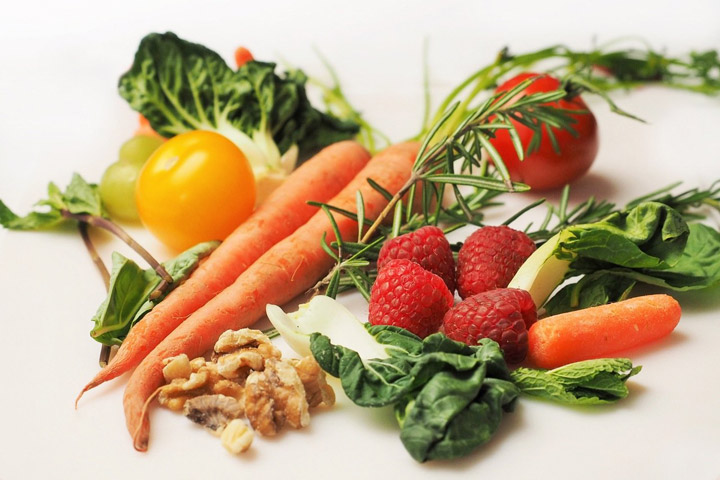
A Sample Day for a Whole Food Diet
Following a whole food diet involves maximizing your nutrient intake from natural sources and avoiding nutrient-poor processed foods. Whole foods mainly include plant-based foods such as vegetables, fruits and nuts, and animal foods such as eggs, meat, fish and poultry. A whole food diet can provide you with all of the nutrients you need for optimal health.
Breakfast
Instead of boxed breakfast cereals, packages of instant oatmeal or commercially prepared muffins, start your day with an omelet made with free-range eggs, spinach, cherry tomatoes, mushrooms and grated Parmesan cheese. These foods have been part of the human diet for generations and can provide you with satiating fats that will help you more fully absorb the fat-soluble nutrients found in the vegetables and cheese.
Another whole food-based breakfast option is full-fat plain yogurt, ideally homemade with unpasteurized natural milk, mixed with almond butter and fresh berries. Avoid almond butter that contains extra sugar or other ingredients and stick to natural almond butter or make it yourself by grinding whole almonds until you obtain almond butter.
Lunch and Dinners
Lunches and dinners should both include vegetables, protein and a healthy fat. For example, have a serving of grilled fish with cauliflower and Brussels sprouts stir-fried in coconut oil for lunch and a steak alongside a big salad including lettuce, tomatoes, green onions, avocado slices and olive oil for dinner. Choose extra-virgin cold-pressed oils only.
The process used to extract these oils have been used for thousands of years and only require the use of a basic press. Other oils that were introduced more recently, such as canola oil and soybean oil, require complex processes and the use of chemical solvents, which does not fit the definition of whole foods. Be creative and combine different vegetables, proteins and fats with various seasonings, such as basil, parsley, turmeric, cumin or chili powder, to create endless whole food meal ideas.
Snacks
Most Americans rely on processed snack foods like granola bars, energy drinks, potato chips, sugary mochas and chocolate bars to get through the day, but these foods are practically devoid of nutrients and can make you feel more hungry and gain weight. Instead, snack on a handful of nuts and dried fruits, hard-boiled eggs or a stick of beef jerky.
Choose beef jerky that is free of additives and preservatives, or make it yourself with only natural ingredients. Vegetables dipped in guacamole, grapes with cheese or a banana spread with cashew butter are also healthy snack options. Avoid store-bought guacamole, since it often includes processed ingredients, and make it yourself by mashing avocado with salt, pepper and lime juice.
Desserts
Nutrient-dense whole foods are more satiating compared to processed foods. You may not feel the need to finish your meal with something sweet once you switch to a whole food-based diet. However, you can still enjoy occasional treats if you like.
Try a healthy fruit salad with berries or melons or a few pieces of fresh coconut. You can also have pureed butternut squash mixed with cinnamon and butter or a mashed avocado with a bit of unsweetened cocoa powder and honey to satisfy your sweet tooth without eating unhealthy ingredients.


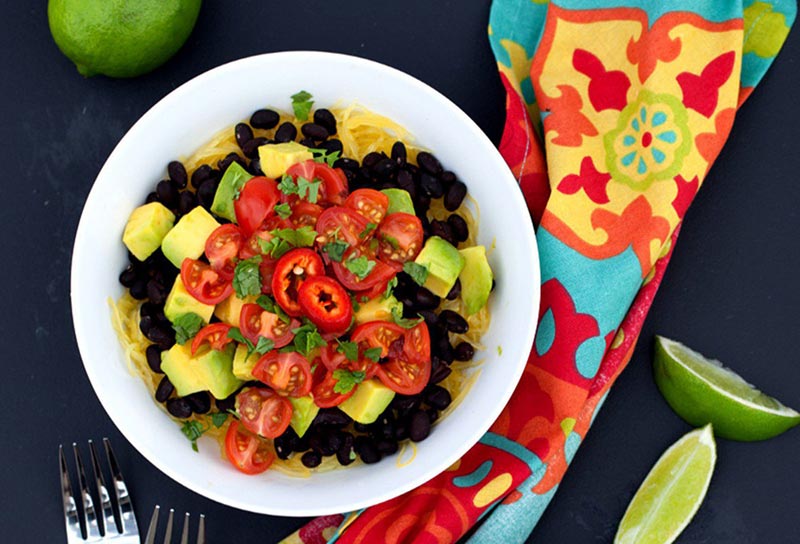
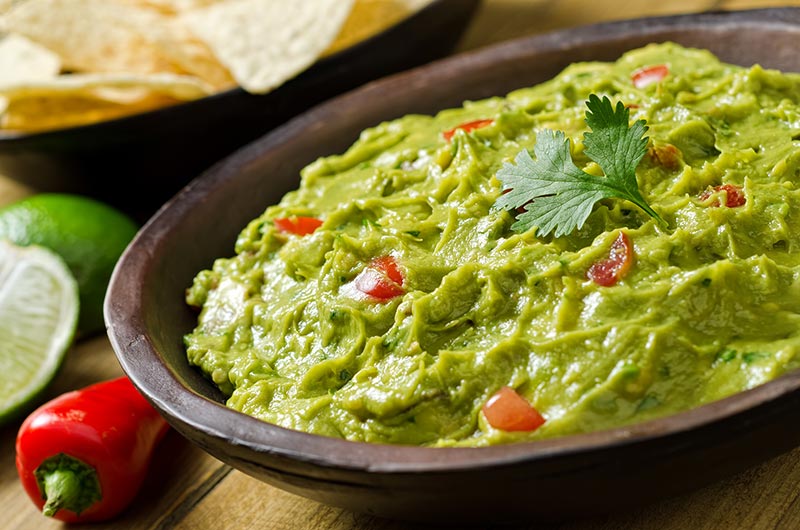
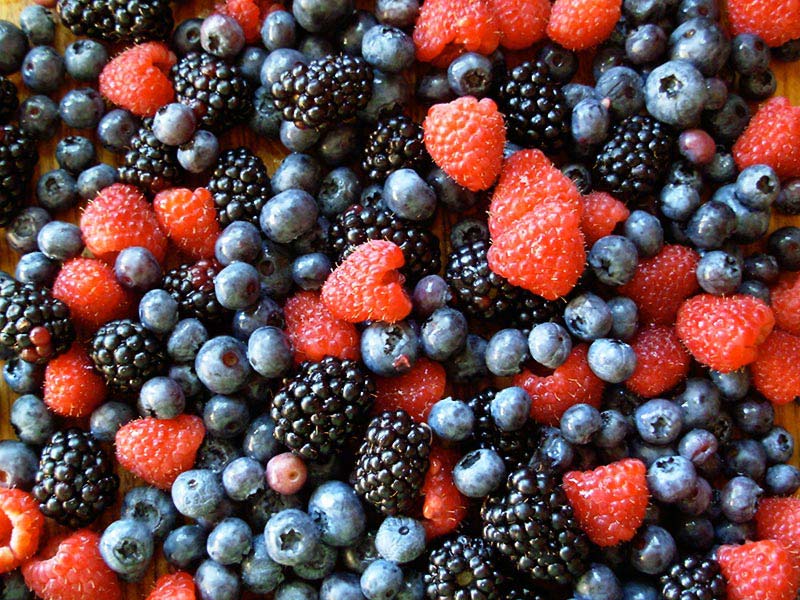

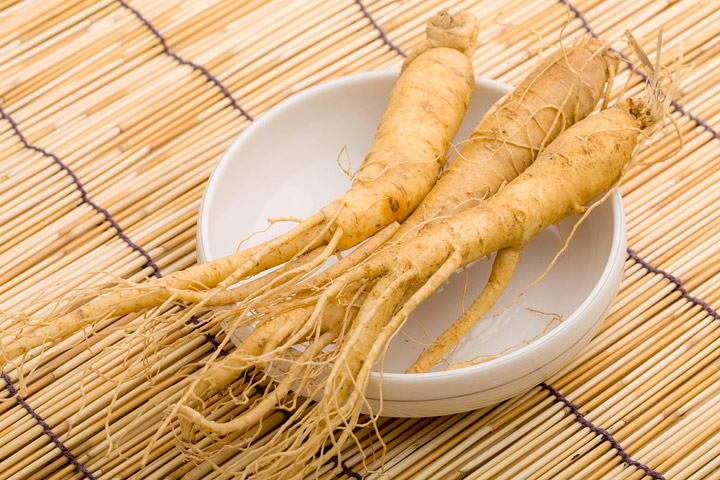
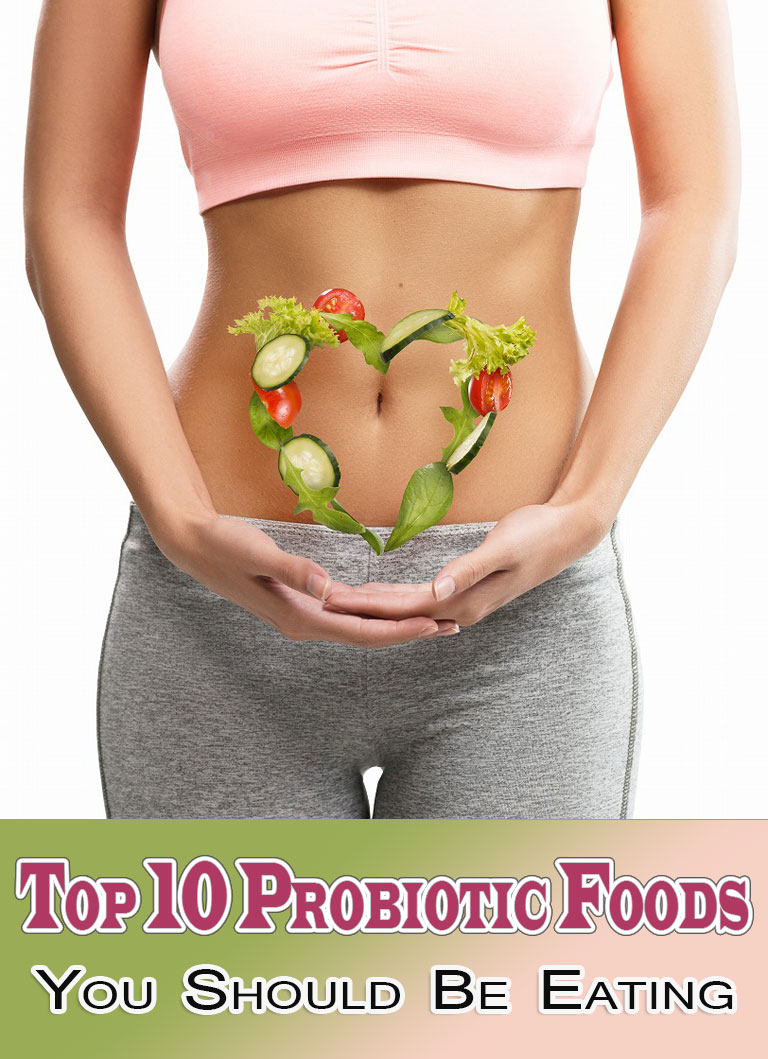
Leave a Reply